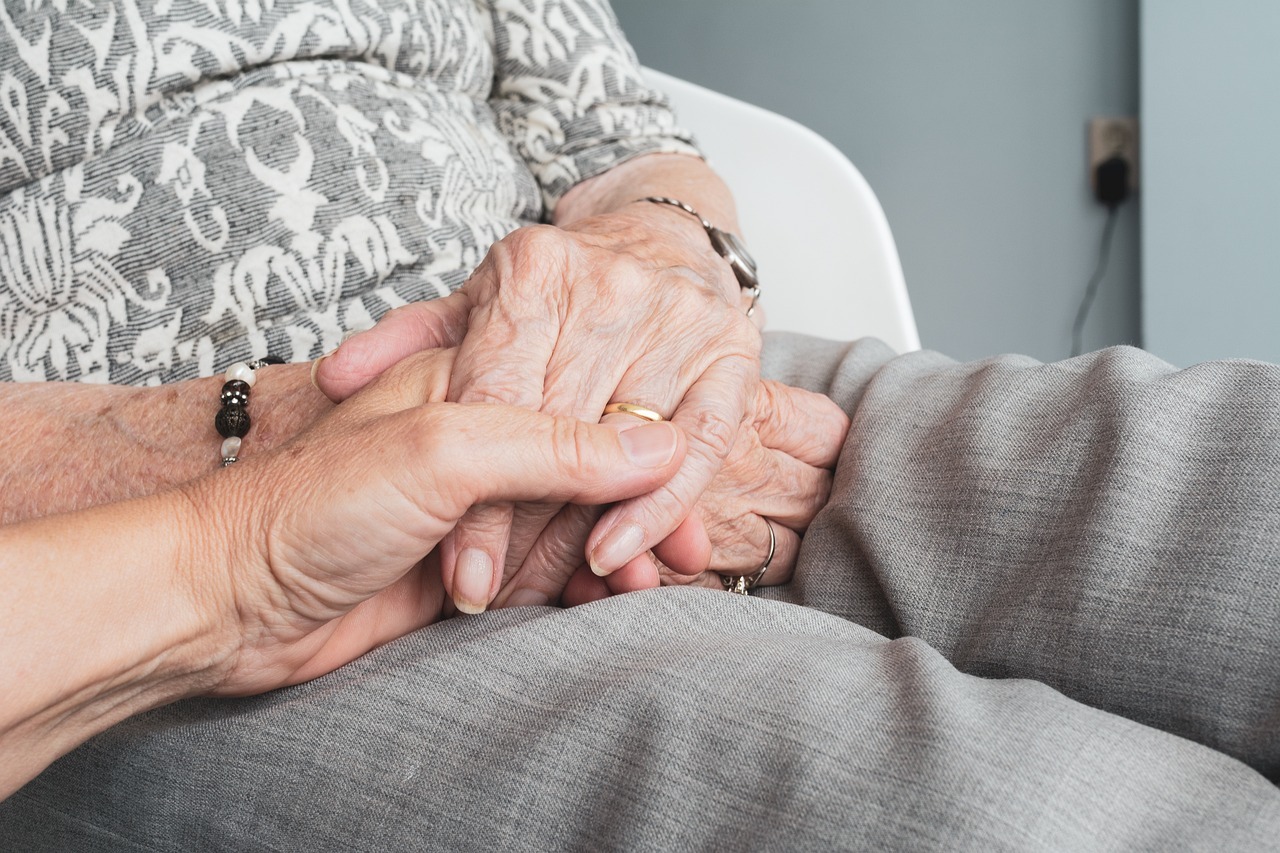The Hidden Connection Between Parkinson’s and Anxiety
When most people think of Parkinson’s disease, symptoms like tremors, stiffness, and slow movement come to mind. But there’s another side of Parkinson’s that often goes unnoticed: anxiety.
In fact, up to 40% of people with Parkinson’s experience significant anxiety at some point. And while medication helps manage physical symptoms, anxiety often requires a different approach.
Why Anxiety Is Common in Parkinson’s
The connection between Parkinson’s and anxiety is complex, but a few key factors include:
- Brain chemistry changes: Parkinson’s affects dopamine and other neurotransmitters that regulate mood.
- Medication effects: Some Parkinson’s medications may contribute to heightened anxiety.
- Physical symptoms: Tremors, stiffness, or difficulty walking can trigger worry or fear in social situations.
- Uncertainty about the future: Living with a progressive condition naturally causes stress.
👉 For more detail, see the Parkinson’s Foundation guide to mental health and Parkinson’s.
How Therapy Helps Manage Parkinson’s-Related Anxiety
Anxiety in Parkinson’s can’t always be “cured,” but it can be managed with the right tools and support.
1. Physical Therapy
Exercise reduces anxiety by boosting endorphins, improving sleep, and building confidence. Programs like Parkinson’s Disease Physical Therapy in Bridgewater, NJ not only improve mobility but also help patients feel more secure in daily life.
2. Group Support
Joining a Parkinson’s Support Group in NJ provides connection and reassurance. Talking with others who understand reduces feelings of isolation.
3. Occupational Therapy
By teaching energy conservation, pacing, and daily living strategies, occupational therapy reduces the stress of daily challenges.
4. Wellness Programs
Our Parkinson’s Wellness Center takes a whole-body approach—blending movement, education, and community to improve both physical and emotional well-being.
Coping Tips for Parkinson’s Anxiety at Home
- Practice mindfulness: Deep breathing or meditation can calm nervous energy.
- Stay active: Even light walking helps manage stress.
- Keep a routine: Structure creates predictability, which reduces anxiety.
- Talk to your doctor: Anxiety may require medical treatment alongside therapy.
Support for the Whole Person
At Synaptic Rehab, we believe in treating more than just physical symptoms. Our team helps patients and caregivers address both the movement and emotional challenges of Parkinson’s—so you can live with greater confidence and peace of mind.
📍 Visit us at 1200 Route 22 East, Suite 4, Bridgewater, NJ 08807
📞 Call: 908-801-6425
Steven Cheung, DPT
Steven is the founder and lead physical therapist at SYNAPTIC Rehabilitation. He earned a BS in Exercise Science Applied Kinesiology from Rutgers University in New Brunswick, NJ and his Doctorate degree from American International College in Springfield, MA. Steven specializes in movement disorders such as Parkinson’s disease and many other neurological disorders. Outside of practicing physical therapy Steven enjoys time with his wife, running, and staying active.

